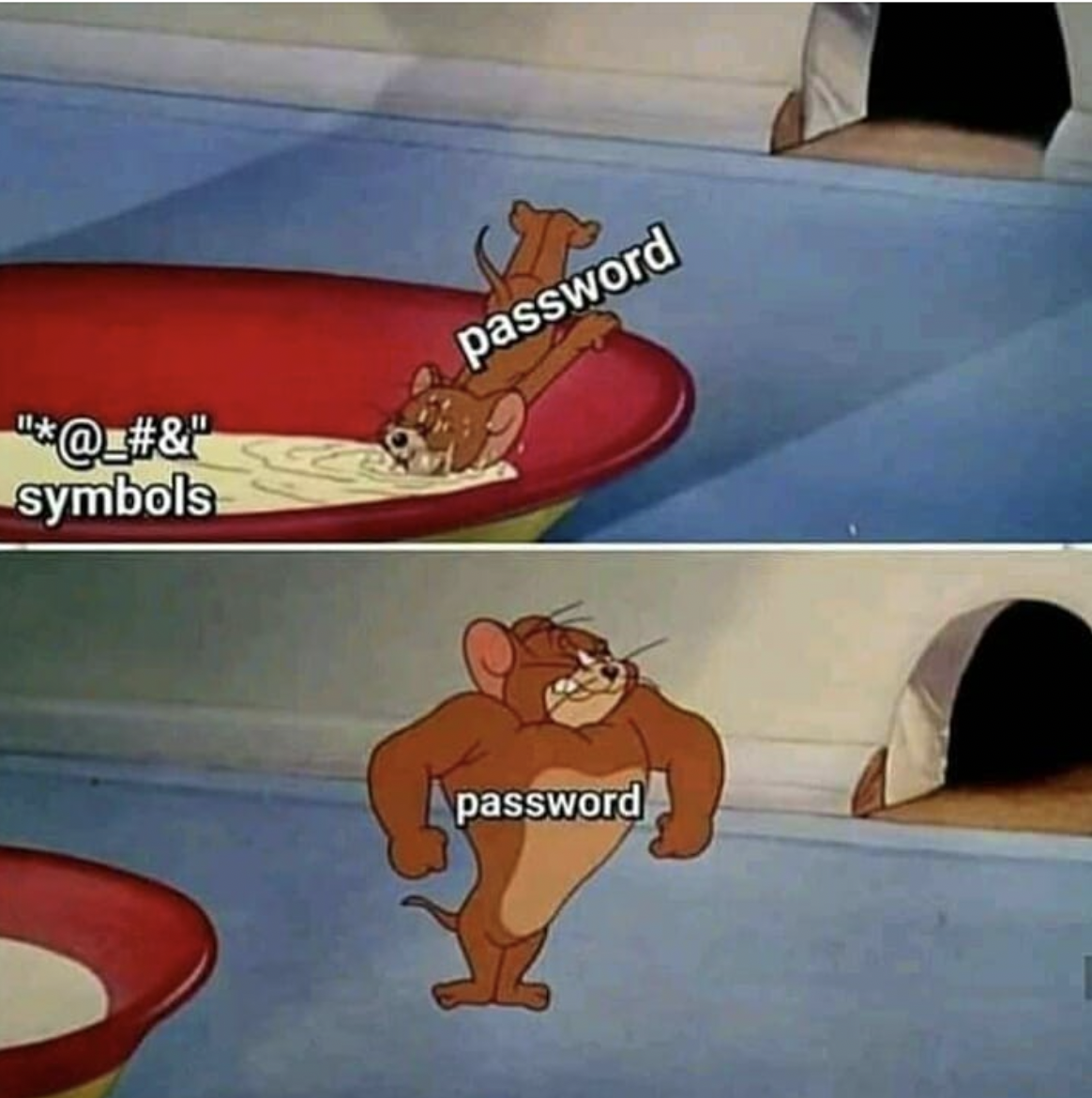So ya got scammed...and now you've gotta act fast to contain the damage!
This article is part three in a series on money scams. If you haven’t already, check out part one, Money Scam Red Flags Ya Gotta Know and part two, 4 Steps To Being A Money Scam Detective before reading on.
‘So, ya got scammed.

But the question is, how are you going to make things right?’
Knowing you’ve been scammed can feel more embarrassing than rewatching your Insta stories after a big night out.
But it really shouldn’t be, scams can be really hard to detect and slide into your DM’s without you even realising.
It’s important to know that you’re not alone, it’s something that happens to many people and you can recover.
But if you have been scammed, you’ve gotta act fast.
Report the scam as soon as you’re aware of it to your bank or financial institution and ask them to stop any transactions.
If you’ve noticed a scammer transferring money out of your bank accounts without your approval, report it to your bank immediately and ask them to freeze your accounts.

And if you’ve transferred cash through by mail, contact Australia Post or the delivery service used to see if they can stop the package.
This is when sensitive information like your bank details or passwords are leaked in a data breach or given by you without knowing that you’re talking with a scammer.
Firstly, report the breach to your financial institution if your financial information has been breached.
If you’ve lost passwords, or one-time passwords to a scammer, make sure to create new, strong and secure passwords.

You can use a password manager, which is like a digital locked box that securely holds information like your passwords, credit card pons, and login details.
It's secure, and saves you from memorising your password for everything you use, and from using the same password for everything.
You can also contact IDCARE, Australia and New Zealand’s national identity and cyber support service.
They can help you create a plan (for free) on the steps to protect yourself from further harm.
Once you know you've secured your personal information and your bank accounts, it’s a really good idea to report the scam to the ACCC or the relevant reporting body.
This can help warn others and support in tracking these scams and stopping them before more people are harmed.
Believe it or not, one in three victims of scams have been scammed more than once.
Usually if a scammer is successful, especially in taking money from you, they’ll try and come back for more.
So keep your eyes open for any new scams that crop up.
It’s also a good idea to keep your eyes on your credit score to monitor for any personal information leaks.
For example, if someone uses your personal information to take out a new loan or new credit inquiries.
You can keep track of your credit score in the Flux App (click here if you haven't signed up yet) which also gives insights into what’s supporting and hurting your credit score.

This is a terrible experience that can happen to anyone, regardless of age, or income levels.
It’s important to reach out to your support network and talk to someone if you’ve had a horrible experience with a scam.
Reach out to family or friends and know that you can also contact mental health services like Beyond Blue to speak to someone outside your personal circle.
Sign up for Flux and join 100,000 members of the Flux family